I recently reconnected with my college sweetheart and lifelong friend, who initiates a pleasant game of catch-up every once in a while. After all these years, I’m still surprised whenever he and his healthy sense of “what if…” curiosity suddenly reappear on my life path.
During our latest round of shoulda, woulda, coulda catch-up, we had a friendly debate about the value of revisiting the past. He insisted that it’s a healthy exercise, whether our memories are dramatically romanticized or even tinged with regret. Although I didn’t immediately admit it, he was right: Staring straight ahead can be myopic. Worse, we lose the valuable gifts tucked inside those rear view glances: context, life lessons and wisdom.

(c) Bill Frymire
Perhaps you’ve noticed that we can’t always see where we’re going as clearly as where we’ve been. It’s the birthing chamber for those “If I only knew then what I know now” groans.
Ahhh, if our foresight was as 20/20 as our hindsight, life would be so much easier, wouldn’t it? But let’s be grateful that we have eyes in the back of our heads. With that hindsight, we can squeeze every drop of value from our experiences—pleasant and otherwise.
Easier to believe than to think
 It doesn’t take Jesus to tell us that putting new wine in old skins will make an absolute mess. It doesn’t take Einstein to tell us that doing the same thing and expecting a different outcome is simply wacko. That great teacher, Experience, has told us these things on numerous occasions.
It doesn’t take Jesus to tell us that putting new wine in old skins will make an absolute mess. It doesn’t take Einstein to tell us that doing the same thing and expecting a different outcome is simply wacko. That great teacher, Experience, has told us these things on numerous occasions.
It doesn’t profit us to blindfold the eyes in back of our heads or power down our brains when discerning truth from possibility. By now, we’ve had millions of chances to be “born again”: clear out the debris from thoughts and beliefs that we know, from experience, don’t work and let our evolutionary lessons inhabit this new space—staying open to the possibility that new discoveries might replace them, as well.
Is Earth really flat?
We don’t have to rely on what others told us to believe. For example, several Bible scriptures, including Revelation 7:1, Isaiah 11:12, Job 28:24 and 37:3, tell us that Earth is flat. Eyes open, brains in full throttle, do we embrace these scriptures as Truth (the Word of God), or as insight into what ancient people believed was true?
During an online search for images depicting the “four corners of the Earth,” as described in Revelation 7:1, I discovered the existence of the International Flat Earth Society. Its members are dedicated to “unraveling the true mysteries of the universe and demonstrating that the earth is flat and that Round Earth doctrine is little more than an elaborate hoax.”
Half of what you see, none of what you hear
I also found the image I was seeking, created in 1893, complete with ten Biblical scriptures that “condemn the globe theory.” Among them, included scriptures claiming that the earth, moon and sun stand still.
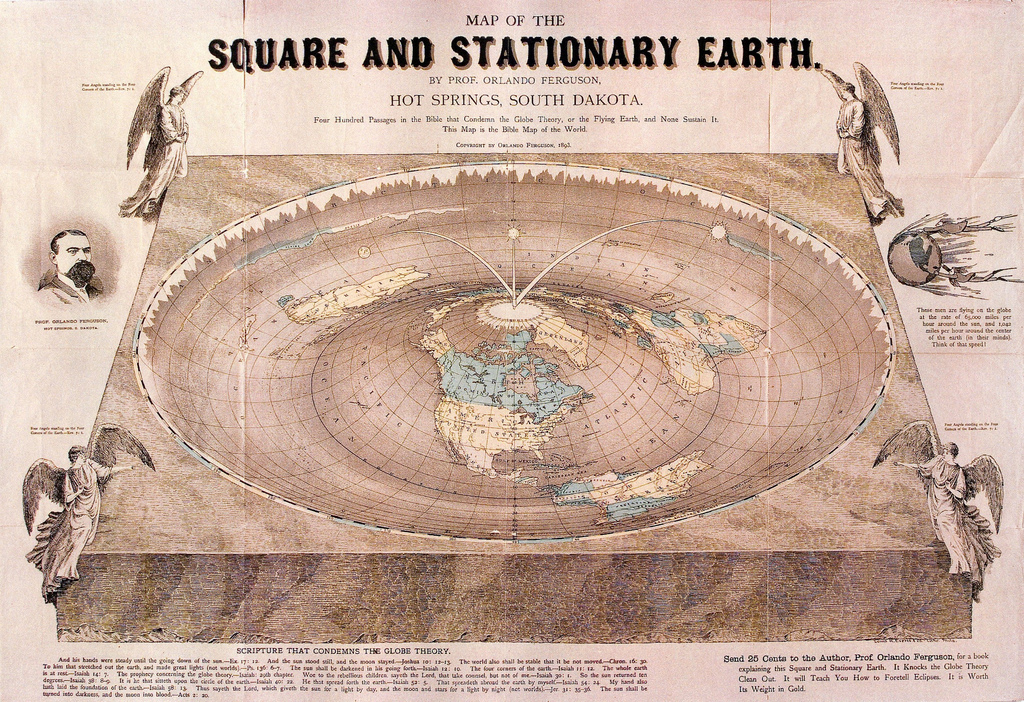
In the tradition of new wine in old skins, this map presents us with a round and square Earth. It was created using the same methodology as the Christian clergy at the Councils of Nicaea in 325 and 787 CE, who poured an Old Testament God inside New Testament wineskin. All over the floor splashed a bi-polar deity who is genocidal, filicidal, difficult to please, smiting, full of wrath, judgmental, homophobic, punitive, capricious, vindictive, sadistic, AND the unconditionally loving, forgiving father of prodigal children.
Does believing make it so?
Every minute of our lives, we have the opportunity to apply the lessons we’ve learned and use them as guides as we progress along our life paths. Instead, we repeat phrases and hold expectations that they will perform as if they are true, even though we’ve learned through observation and experience, they are not. Phrases that top that list: “Believing makes it so” and “What we think about, we bring about.”
Millions of us quote modern scribes who declare that we can manifest whatever circumstances, possessions and relationships into the physical world that we desire. All we have to do is “claim” them or follow a certain formula or invoke a particular spiritual law.
With all due respect to the writers of those theories, nothing we have experienced or witnessed validates their claim. When our eyes open and brains are in full throttle rather than idling in gullibility, we know that laws produce the same result, 100% of the time for 100% of those affected, independent of our thoughts or beliefs. Yet we keep doing the same thing, expecting a different result.
We also know that laws don’t have to be consciously invoked. When’s the last time you you invoked the Law of Gravity so that you could walk, sit or hang a picture without anything floating away?
Is possibility a law?
Anything is possible. But if the Law of Attraction works the way modern sages say, everything to which we devoted dominant thought and emotional energy, and visualized in great detail would appear in our experience. Nothing else.
In other words, there would be no dictionary entries for surprise or disappointment. We’d be in total control of our experience here; in fact, we’d have dominion over Earth, just as the ancient scribes believed. Wouldn’t that make our physical/ego selves’ toes curl with delight?
Opening the eyes in back of our heads
Perhaps it’s time for us to see a bigger picture, and make a game of it, as creative souls do. My dear friend Joe’s wonder-filled game of “what if…” seems perfect for this:
- What if God is so much greater than the brain-limiting images of a huge being who looks like a human and lives in outer space?
- What if God is a divine, immortal and invisible intelligence and we are made in that likeness and image, rather than the other way around?
- What if we have misidentified ourselves as mere mortals?
- What if we, as divine, immortal and invisible souls are much more invincible and intelligent than the sensory human body costumes we are temporarily wearing?
- What if, in the divine, immortal and invisible world of Spirit, everything is perfect, in Divine Order?
- What if, as divine, immortal and invisible souls, we are precisely where we want to be, having the experiences we want to have for this bat-of-an-eyelash moment in Universal Time?
- What if attempts by our mortal, sensory human costumes to control the divinely perfect experience we’ve designed simply don’t work?
- What if we let go of our limited vision of ourselves and consciously sought to identify ourselves as the divine, immortal omniscient spirit within us?
- What if we trusted the Divine Within to be our pilots, instead of using our bodies and the brains within them to manipulate the circumstances, possessions and people in our physical lives?

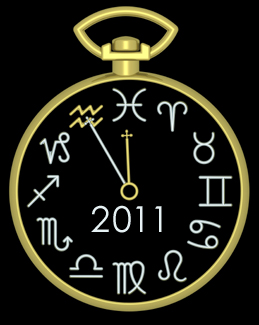


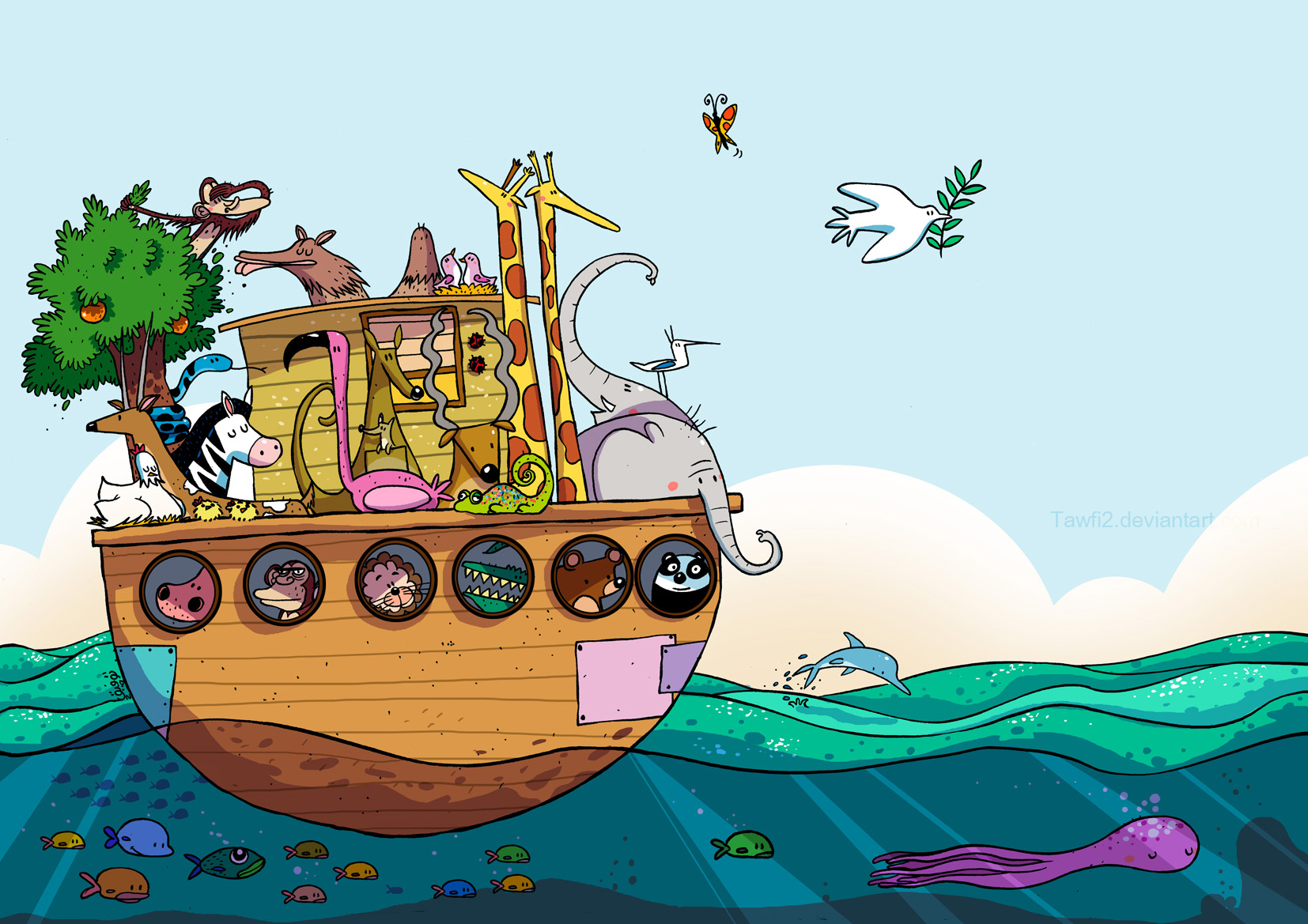
 Wrong Lessons, Well Learned
Wrong Lessons, Well Learned

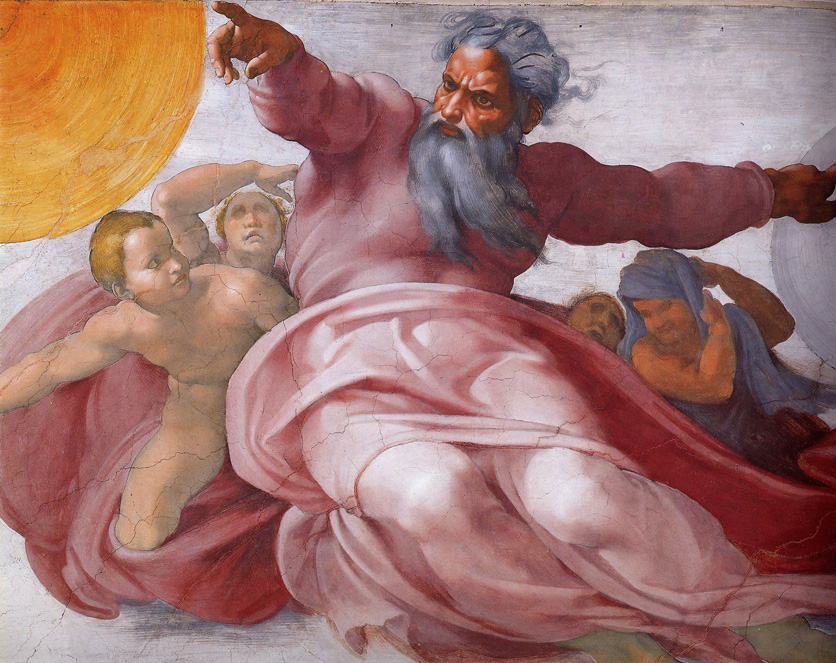
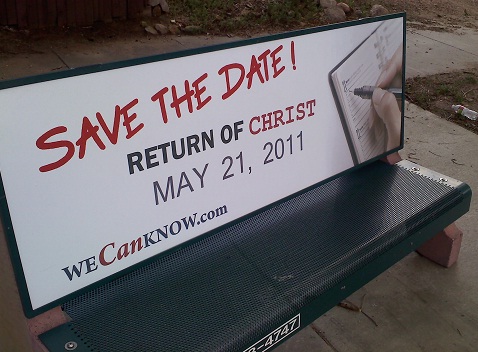
 We Christians call this Friday “Good;” but it’s the most heartbreaking day on my calendar. It marks the day when we refresh the accusation that God loved His guilty kids so much that He had His only innocent child brutally tortured to death, effectively letting the others off the hook.
We Christians call this Friday “Good;” but it’s the most heartbreaking day on my calendar. It marks the day when we refresh the accusation that God loved His guilty kids so much that He had His only innocent child brutally tortured to death, effectively letting the others off the hook. We see God through the only lens we have: Human. Our vision is myopic at best, egoic at worst, and assures distortion of the image. Our visual field is somewhat of a box—containing and confining. We’ve placed God there, where we can observe but not experience.
We see God through the only lens we have: Human. Our vision is myopic at best, egoic at worst, and assures distortion of the image. Our visual field is somewhat of a box—containing and confining. We’ve placed God there, where we can observe but not experience. This smoking baby drama is fascinating, even on the surface. Anyone who’s watched an infant transition into a toddler expects certain developmental milestones—but smoking? I’ve seen college students, dying (literally) to look more mature, who aren’t as proficient with a cigarette as this baby.
This smoking baby drama is fascinating, even on the surface. Anyone who’s watched an infant transition into a toddler expects certain developmental milestones—but smoking? I’ve seen college students, dying (literally) to look more mature, who aren’t as proficient with a cigarette as this baby.